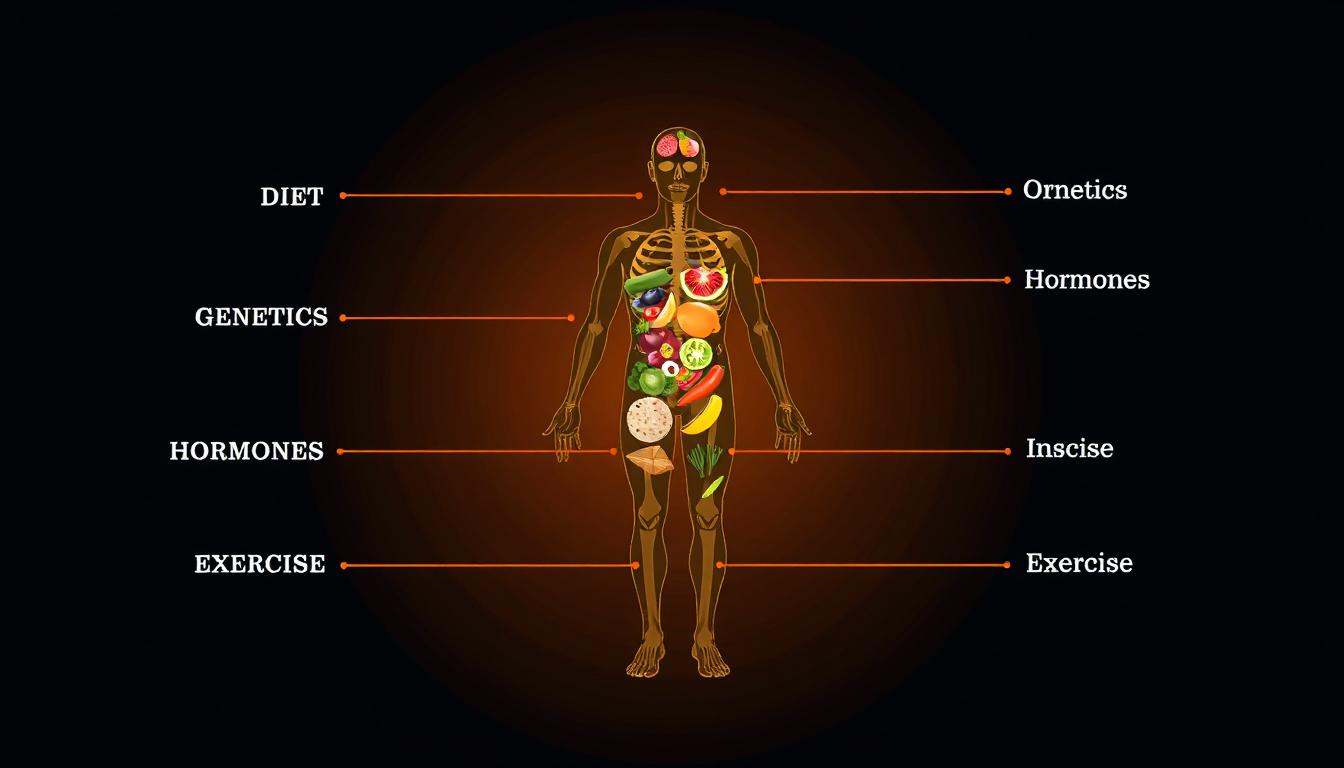Understanding Obesity: More Than Just Weight Gain
Obesity is a pressing global health issue that affects millions of individuals and significantly influences overall well-being. It is medically defined as an excessive accumulation of body fat that poses health risks, typically assessed using the Body Mass Index (BMI). A BMI of 30 or above categorizes an individual as obese. However, while BMI serves as a general guideline, it does not account for muscle mass distribution or body composition variations.
Obesity extends beyond a cosmetic concern; it is a complex medical condition linked to an increased risk of numerous diseases, including cardiovascular ailments, type 2 diabetes, hypertension, and certain cancers. Additionally, it affects mental health, often leading to conditions such as depression, anxiety, and social stigma.
Factors Contributing to Obesity
Obesity arises from a combination of genetic, environmental, hormonal, and behavioral factors. A deeper understanding of these elements can help in developing effective prevention and management strategies.
1. Dietary Habits
Poor nutrition plays a major role in obesity. A diet high in processed foods, refined sugars, and unhealthy fats contributes to excessive calorie intake. Conversely, a balanced diet rich in fiber, lean proteins, and healthy fats promotes weight control and overall health.
2. Physical Inactivity
A sedentary lifestyle significantly contributes to weight gain. Many modern activities, such as working at a desk for long hours or excessive screen time, limit physical movement. Engaging in at least 150 minutes of moderate aerobic exercise or 75 minutes of high-intensity activity per week helps maintain a healthy weight.
3. Genetic Predisposition
Genetics can influence metabolism, fat storage, and appetite regulation. Some individuals may have a higher tendency to gain weight due to inherited traits. However, lifestyle choices still play a dominant role in determining overall body weight.
4. Hormonal Imbalances
Hormones significantly impact metabolism and appetite regulation. Key hormones involved in obesity include:
- Insulin: Regulates blood sugar and fat storage; insulin resistance contributes to weight gain.
- Leptin: Signals fullness to the brain; leptin resistance can cause persistent hunger.
- Ghrelin: Stimulates appetite; high levels can lead to overeating.
Maintaining a balanced diet, exercising regularly, and ensuring adequate sleep can help regulate these hormonal functions.
5. Sleep Deprivation and Stress
Lack of sleep alters hunger-regulating hormones, increasing cravings for high-calorie foods. Similarly, chronic stress leads to elevated cortisol levels, which promote fat accumulation, particularly in the abdominal area. Effective stress management and quality sleep are essential in maintaining a healthy weight.
6. Medical Conditions and Medications
Certain health conditions, such as hypothyroidism and polycystic ovary syndrome (PCOS), can contribute to weight gain. Additionally, some medications, including antidepressants and corticosteroids, can influence metabolism and appetite.
Environmental and Societal Impact on Obesity
Obesity is not solely an individual concern; societal and environmental factors significantly influence it. Key external contributors include:
- Food Accessibility: Processed and unhealthy foods are often more affordable and readily available than nutritious options.
- Urbanization and Lifestyle Changes: Reduced physical activity due to urban living and increased reliance on transportation contribute to weight gain.
- Work and School Environments: Long hours of sitting and limited access to healthy meal options affect weight management.
Health Risks Associated with Obesity
Obesity is linked to several chronic health conditions, including:
- Cardiovascular Diseases: High blood pressure, cholesterol imbalances, and increased risk of heart attacks and strokes.
- Type 2 Diabetes: Insulin resistance leading to elevated blood sugar levels and diabetes complications.
- Joint Problems: Increased body weight stresses joints, leading to osteoarthritis and mobility issues.
- Respiratory Issues: Conditions like sleep apnea and asthma are exacerbated by obesity.
- Mental Health Concerns: Obesity can contribute to anxiety, depression, and self-esteem issues due to societal pressure.
Effective Strategies for Obesity Prevention and Management
Preventing and managing obesity requires a holistic approach incorporating diet, exercise, and behavioral changes. Here are key strategies:
1. Balanced Nutrition
- Increase the intake of whole foods like fruits, vegetables, and whole grains.
- Reduce processed food consumption and added sugars.
- Practice mindful eating and portion control.
2. Regular Physical Activity
- Engage in at least 150 minutes of moderate aerobic exercise weekly.
- Include strength training to enhance metabolism and muscle development.
- Choose enjoyable activities like swimming, dancing, or hiking to stay active.
3. Adequate Sleep and Stress Management
- Aim for 7-9 hours of restful sleep per night.
- Incorporate relaxation techniques like meditation, yoga, or deep breathing exercises.
4. Professional Guidance
- Consult healthcare professionals for personalized weight management advice.
- Consider therapy or support groups for mental health and emotional well-being.
5. Sustainable Lifestyle Changes
- Focus on long-term habits rather than quick fixes.
- Set achievable goals and track progress over time.
- Build a supportive community for motivation and accountability.
Conclusion
Obesity is a multifaceted condition influenced by genetic, lifestyle, and environmental factors. While it poses significant health risks, it can be prevented and managed through informed dietary choices, regular physical activity, stress management, and medical guidance. Understanding the science behind obesity empowers individuals to take proactive steps toward a healthier future.


